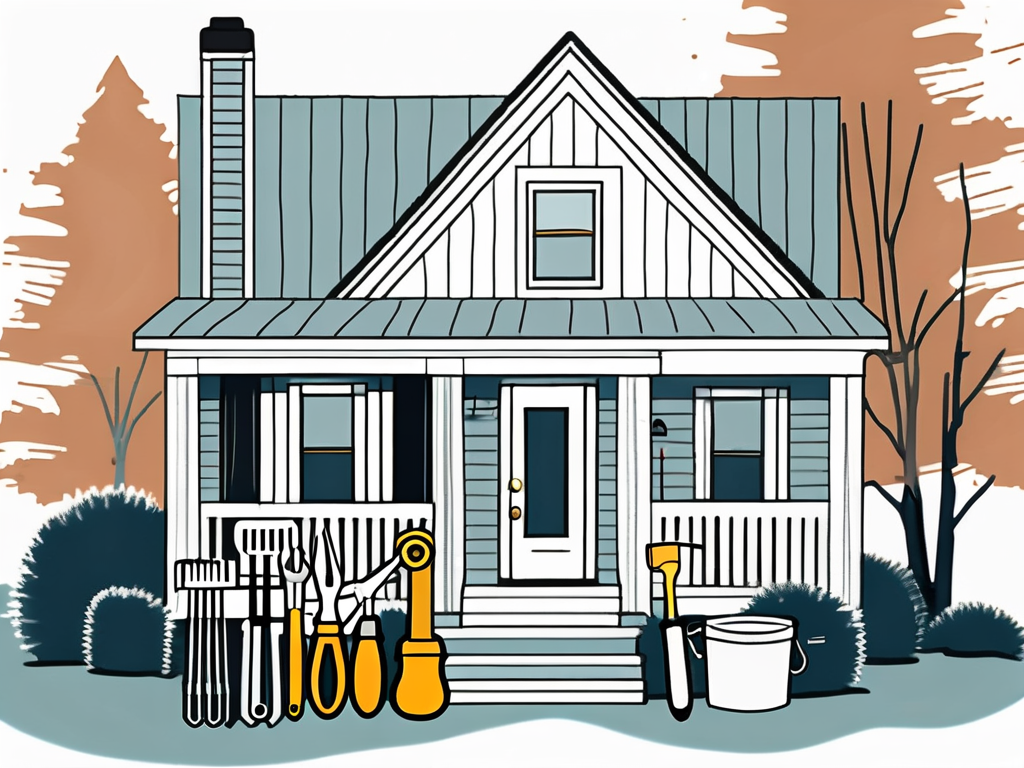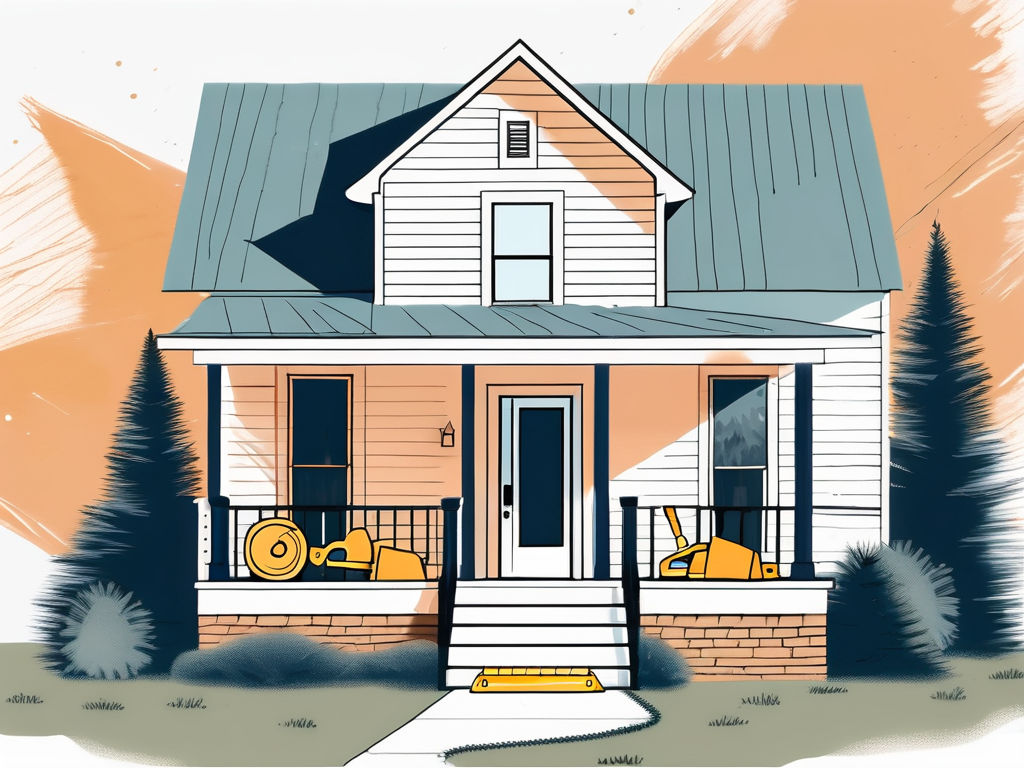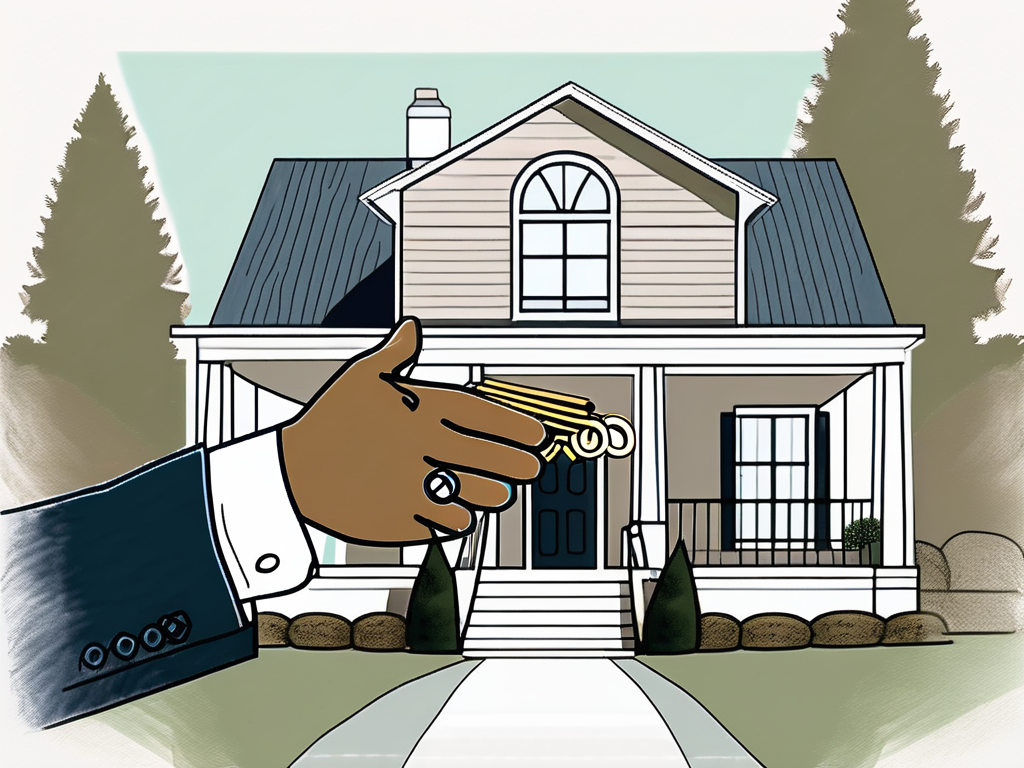DIY Home Selling in North Carolina
When it comes to selling your home in North Carolina, you may be considering the DIY route. This approach can save you thousands in realtor fees and give you more control over the process. However, it's not without its challenges. This comprehensive guide will walk you through the steps of DIY home selling in North Carolina, providing you with the knowledge and tools you need to succeed.
The Legalities of Home Selling in North Carolina
Before you embark on your DIY home selling journey, it's essential to understand the legalities involved. North Carolina has specific laws and regulations regarding home sales, which you must adhere to avoid potential legal issues.
Firstly, North Carolina is a "disclosure state," meaning sellers are required to provide a Residential Property Disclosure Statement. This document outlines the condition of the property and any known issues. Failure to disclose known problems could result in legal repercussions.
Secondly, North Carolina law requires a legal description of the property in the sales contract. This description must be accurate and complete. It's advisable to seek legal counsel to ensure the contract is legally sound.
Understanding Property Taxes
In North Carolina, property taxes are prorated at closing. This means the seller is responsible for the portion of the tax year they owned the property. It's important to factor this into your financial planning.
Additionally, North Carolina has a transfer tax on home sales. The rate is typically 0.2% of the sales price. As a seller, it's crucial to be aware of this expense.
Preparing Your Home for Sale
Once you've familiarized yourself with the legalities, the next step is preparing your home for sale. This involves making necessary repairs, staging your home to appeal to potential buyers, and setting a competitive asking price.

Start by conducting a thorough inspection of your property. Identify any areas that need repair or improvement. Remember, buyers will be looking for a home that's move-in ready. Making necessary repairs now can prevent potential deal-breakers later on.
Staging your home is another crucial aspect of the preparation process. A well-staged home can help buyers visualize themselves living there, making your property more appealing. Consider hiring a professional stager or following online staging tips to maximize your home's potential.
Setting the Right Price
Setting the right asking price for your home can be challenging. Price it too high, and you risk alienating potential buyers. Price it too low, and you could leave money on the table. To find the sweet spot, research recent sales of similar homes in your area. You can also consider hiring a professional appraiser for an accurate valuation.
Remember, the North Carolina real estate market can fluctuate. Stay informed about current market conditions to ensure your asking price remains competitive.
Marketing Your Home
Once your home is prepared and priced correctly, the next step is marketing. This involves listing your home on popular real estate websites, hosting open houses, and utilizing social media to reach potential buyers.

Start by taking high-quality photos of your home. These images will be the first impression many potential buyers have of your property, so make sure they showcase your home in the best light. Consider hiring a professional photographer to ensure the best results.
Next, list your home on popular real estate websites. Many of these sites allow for free listings, making them a cost-effective way to reach a large audience. Be sure to include a detailed description of your property and highlight its unique features.
Hosting Open Houses
Open houses are a great way to attract potential buyers. They allow buyers to tour your home in a low-pressure environment. Be sure to schedule your open house at a convenient time and advertise it well in advance.
During the open house, be prepared to answer questions about your home and the neighborhood. Remember, you're not just selling a house; you're selling a lifestyle.
Closing the Sale
Once you've found a buyer, the final step is closing the sale. This involves negotiating the terms of the sale, signing the sales contract, and transferring ownership of the property.

Negotiating can be a complex process. It's important to remain flexible, but don't compromise on your bottom line. Consider hiring a real estate attorney to help you navigate this process.
After the terms have been agreed upon, you'll sign the sales contract. This legally binding document outlines the terms of the sale, including the purchase price, closing date, and any contingencies.
Transferring Ownership
Once the contract is signed, the final step is transferring ownership of the property. In North Carolina, this typically involves a title search, obtaining title insurance, and recording the deed.
The title search ensures there are no liens or claims against the property. Title insurance protects the buyer from any future claims. Once these steps are complete, the deed is recorded, and ownership is officially transferred.
DIY home selling in North Carolina can be a rewarding experience. By understanding the process and preparing adequately, you can successfully navigate the real estate market and sell your home on your own terms. Good luck!





